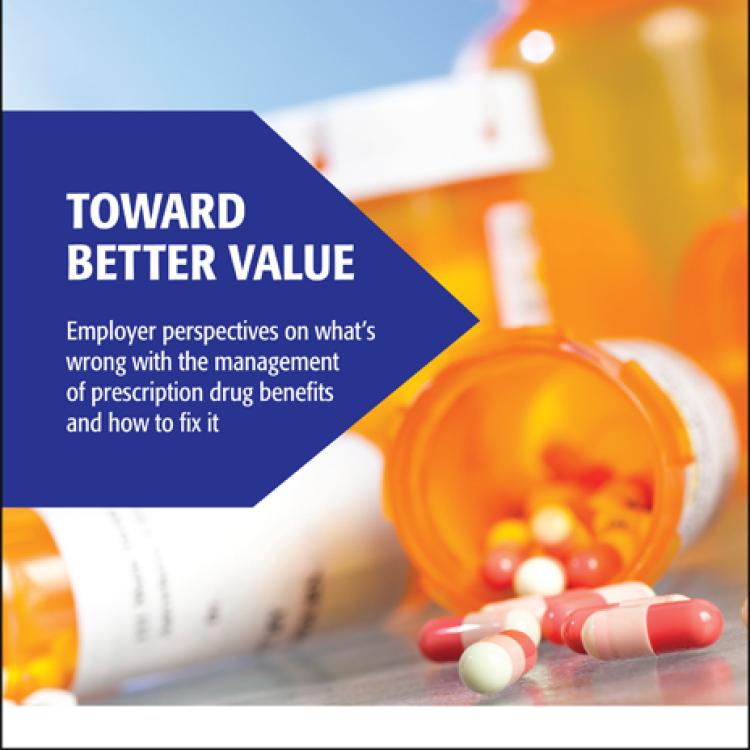U.S. employers provide a vital link to health care, with more than 56 percent of them offering health insurance for their employees. However, how employers design those health benefits can vary widely, especially when it comes to pharmacy benefits management. Employers often turn to pharmacy benefit managers (PBMs), sometimes with the help of benefit consultants, to handle the pharmacy component of employer-provided health care.
Yet the roles of PBMs and their business models have been under increased scrutiny in recent months. The prevailing PBM approach is perceived by many health care stakeholders as overly complex and opaque, setting up perverse incentives that work against health care goals such as improving health care outcomes and lowering costs.
In his latest commentary for the American Journal of Pharmacy Benefits, NPC President Dan Leonard highlights recent NPC research that found a disconnect between the important role employers believe their PBMs play in helping to manage prescription drug benefits and employers’ perceptions of the overall value they are getting from their PBMs. Findings indicated that this disconnect is rooted in employer concerns about transparency, contract complexity, rebates and focusing on value, which Mr. Leonard details in his column, along with key areas identified in NPC’s research that could improve the value employers get from their PBMs.
“To have a sustainable marketplace that rewards value and innovation, employers need to get strong value in return for the money they spend on prescription drug benefits,” Mr. Leonard writes. “Starting a dialogue and becoming more engaged in their management of the prescription drug benefits are important steps employers can take in meeting those goals.”
